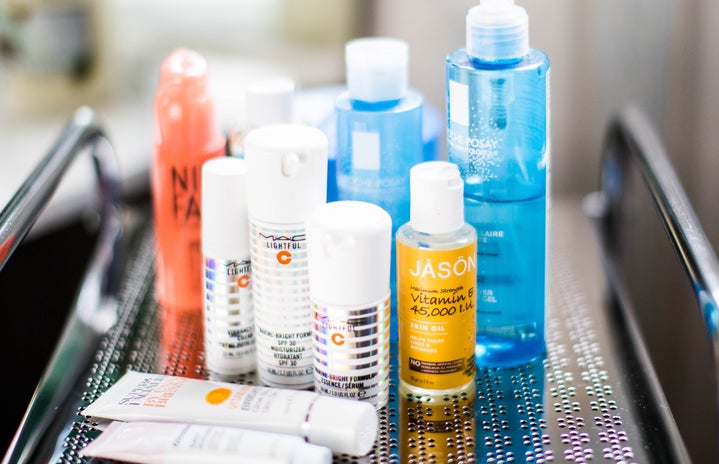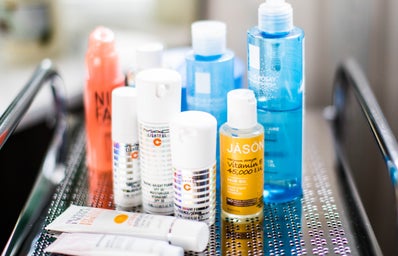Last week, I discussed the latest Dove campaign, the Real Beauty Sketches, in Redefining Real Beauty: Dove Campaigns, Part 1. Despite controversial reception among bloggers, the Sketches are a creative approach to addressing self-esteem and self-perception, especially in young women. The video is particularly meaningful because the creation of the portraits is raw and unadulterated by technology, as the artist sketches them by hand based only on verbal descriptions.
In March, Dove introduced another campaign aimed at photo editors and art directors. They created a downloadable Photoshop action and posted it on message boards and online communities, like Reddit. It would supposedly add a glowing effect to skin – but in reality, it was an “undo-all” function that reverted the photo to its original, unedited state. Check it out.
But once again, bloggers and reviewers had their criticism – after all, how many professional photographers look for tips and downloads on Reddit? Not many, it turns out, as the original Reddit post was found to have only a few views. Since the reveal of the commercial, Dove has retracted the username and downloadable file from the post, but the three “upvotes” (Reddit version of Facebook “likes”) and lack of comments are still public. Unilever also declined revealing how many times the file was downloaded. Adweek, a magazine and website about the newest media and advertising implied that the campaign was dishonest and actually manipulative – which is ironic considering their tagline “Don’t manipulate our perceptions of real beauty.” Others agreed, suggesting that the video itself was the campaign, not the planted download. Dove knew that tricking professional editors into downloading a free action was unlikely, but it would make a very good point if it were possible. So they publicized that point anyway, and targeted the general audience instead of the editors.
The Dove Campaigns have been the center of various other controversies for years, one of which centers around their own use of photo retouching. In May of 2008, famed photo editor Pascal Dangin was quoted in The New Yorker as saying that he had worked on the Campaign for Real Beauty, “‘Do you know how much retouching was on that?’ he asked. ‘But it was great to do, a challenge, to keep everyone’s skin and faces showing the mileage but not looking unattractive.’” Dangin and photographer Annie Leibowitz worked on the Dove ProAge Campaign, a subproject that featured older women. However, Dove and the ad agency responsible for the campaign, Ogilvy & Mather contended that there was no retouching done on the campaign, save for a stray hair at most. Both artists later held that Dangin was misquoted, and the only retouching done was minimal and preserved the integrity of the pictures.
Despite the swirling controversy and criticism, Dove maintains their view of real, inclusive beauty, Photoshopped or not. Further, Dove did attack photo editing very effectively a few years ago, with their commercial “Evolution,” a shocking time-lapse video of a model throughout the construction of a billboard. This video was featured in the 2011 documentary, Miss Representation.
This article is part of a series focusing on beauty and the media.

